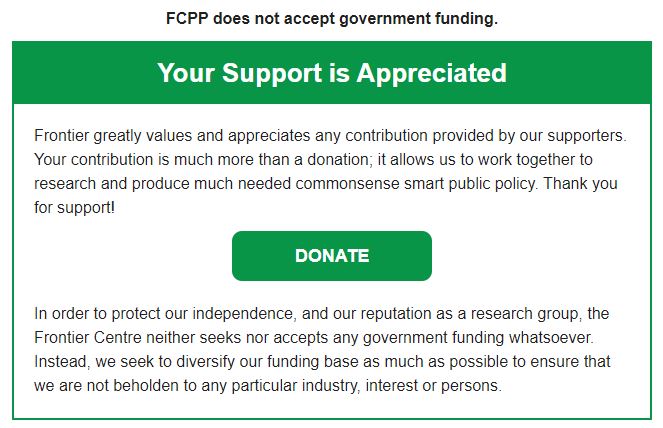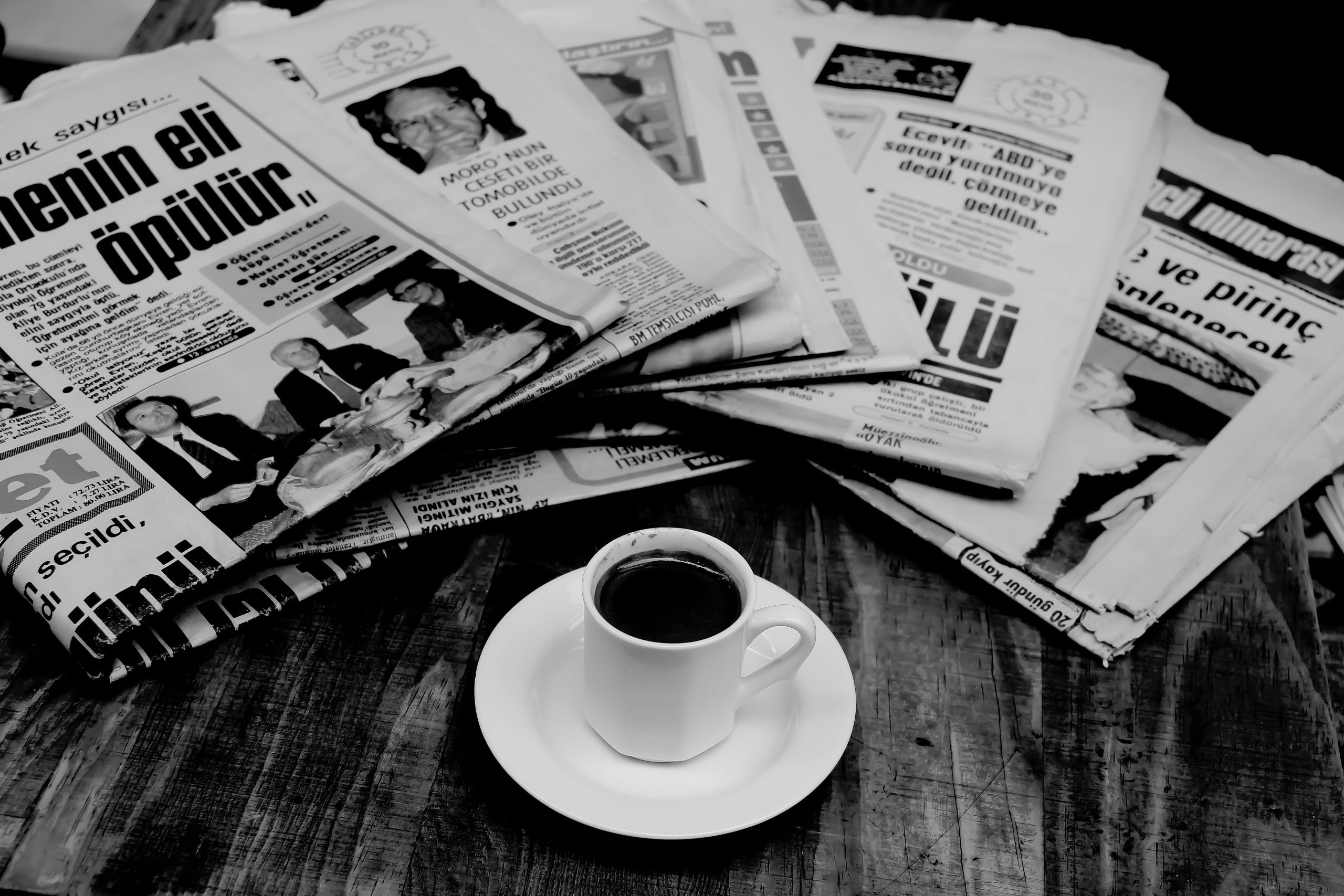Liberty of expression is the oxygen of democratic arrangements. As journalists exercise their craft independently and unencumbered, they are canaries in the political coal mine. By this gauge, if left untreated, Nicaragua’s polity will be eroding towards totalitarianism.
The Sandinista couple dictatorship of Daniel Ortega and Rosario Murillo, respectively president and vice-president of Nicaragua, have unleashed a new repressive wave crushing democratic rights and freedom of the press like never before. Those perceived as threats in the November 7 national elections—community leaders, would-be political candidates, peasant and student leaders, entrepreneurs and journalists—are being systematically abducted or imprisoned on fabricated charges of treason or corruption.
Nicaraguans’ fragile political liberties began shrinking after the dictator couple returned to power in 2007. Illegitimate constitutional changes slowly snuffed liberties as the couple devoured all state power. Liberty of expression has been suppressed since.
A layer of visible economic prosperity veiled the machinery of fraud and corruption, Beijing-style. Redirecting nearly US $5B from Venezuelan aid into their private coffers, the couple gobbled up lands, businesses, industries and media outlets. They sprinkled money into the private sector and among their political partisans to cement their hold on total power.
Command of all formal institutions proved insufficient to the Sandinista couple’s appetite. They now control or have domesticated the country’s informal institutions: private associations, charitable organizations, political parties, churches and the mainstream press.
Independent spaces for political commentary shrunk. Private associations were threatened, charitable activity was corralled with legislation, uncooperative political parties were outlawed, the Roman Catholic leadership duped and co-opted, and most media became instruments to support, promote and defend the couple-dictatorship.
When elderly citizens protested changes to the social security scheme, the Ortega-Murillo spilled blood once again. Across the country, hundreds of thousands peacefully demanded the departure of the ruling couple. Then, even more brutal violence from police and Sandinista paramilitary thugs killed over 300 people and injured over 2000. The Sandinista wolves met some resistance from Catholic clerics peacefully defending their flock but the Vatican ordered them to stand down. More than 70 independent journalists fled the country.
 In post-WWII Latin American dictatorships, the persecution of journalists and opponents was typically done extrajudicially in dark corners. Nicaraguan journalists have received the brunt of Sandinista brutality for decades, but new laws fashioned after the 2018 protests have criminalized peaceful opposition and independent journalism.
In post-WWII Latin American dictatorships, the persecution of journalists and opponents was typically done extrajudicially in dark corners. Nicaraguan journalists have received the brunt of Sandinista brutality for decades, but new laws fashioned after the 2018 protests have criminalized peaceful opposition and independent journalism.
With laws restricting “foreign agents,” laws against “crimes of hatred,” and laws to “defend national sovereignty,” the brutes now openly prosecute objective reporting on fabricated charges of treason, servility to empire and money laundering. In the Sandinista Nicaragua of the Ortega-Murillo couple, with no blushing discomfort, persecuting journalists is now lawful.
The public prosecutor now summons journalists to justify fundamental practices of their craft: they are interrogated about how they gather information, about editorial decisions and about their sources. To the couple-tyranny reporters operate with nefarious motivations and treat as criminal practices journalistic methods that are universally accepted. On June 21, sportscaster Miguel Mendoza was arrested on trumped-up charges of treason. Juan Sebastian Chamorro was also arrested 12 hours before he was due to appear before the prosecutor. Their families have no access to them. New legislation gives the Sandinista prosecutor the power to abduct citizens without habeas corpus recourse for 90 days, instead of 48 hours.
The abductions are sending scores of independent journalists to flee. Internationally recognized, McGill-educated journalist Carlos Fernando Chamorro has fled the country for the second time in three years. When the Ortega-Murillo riot squad raided his home to arrest him on June 21, he had already fled to Costa Rica. Chamorro is the son of former president Violeta Chamorro, who defeated Ortega in fair elections in 1990. He is also the brother to Cristiana Chamorro, the most popular political name in the country. Cristiana has been placed under house arrest and barred from electoral candidacy under fabricated charges of corruption and money laundering. Like so many others, Carlos Fernando continues his excellent journalistic work in exile, but he is not beyond the reach of murderous Sandinista violence.
The Ortega-Murillo couple is certain to win in November. They have a monopoly on violence, control on all formal institutions and a well-oiled machinery of electoral fraud. For the upcoming elections, to boot, they have banned foreign observers, their police regularly disband opposition campaign meetings, and continue abducting and arresting civic and political leaders who might challenge them.
The naked attacks on the press ensure no public criticism as the Ortega-Murillo dictatorship inches closer than ever before to totalitarianism.
Marco Navarro-Genie is senior fellow with the Frontier Centre and president of the Haultain Research Institute. He is author, with Barry Cooper, of COVID-19: The Politics of a Pandemic Moral Panic, 2020.



